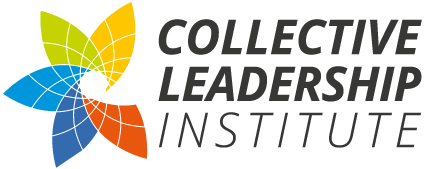CLI is a cutting-edge organization with deep expertise in bringing emerging paradigm leadership concepts to multi-stakeholder processes and projects in support of achieving the Sustainable Development Goals.
The methodology for building successful multi-stakeholder partnerships is based on the Dialogic Change Model (DCM) developed by the CLI, and derived from long-standing practical experience. It allows for results-oriented, structured planning and implementation of multi-stakeholder collaboration initiatives in four phases. Guided by these phases, involved actors can initiate and maintain multi-stakeholder collaborations that are characterized by a high degree of ownership and commitment to implementation.
The DCM is complemented with the Collective Leadership Compass, a diagnosis and action tool for planning, implementing and evaluating collaborative change initiatives. It invigorates collaborative action for systems change and supports the co-creation of functional collaboration eco-systems in complex multi-stakeholder settings. The compass is based on:
- 20 years of practice in complex multi-stakeholder settings around systems change for sustainability, distilled into success factors.
- 15 years of scientific exploration into living systems and complexity theory, distilled into six evolutionary principles that inform the six compass dimensions.
- 12 years of experience in teaching collaboration and collective leadership skills globally to more than 6,000 individuals.
It empowers leaders and change agents to navigate collaboration successfully by attending to a pattern of interacting human competences in the six dimensions: Future Possibilities, Humanity, Engagement, Innovation, Collective Intelligence and Wholeness.
The Compass strengthens individual leadership, enhances the leadership capacity of a collective, and shifts organizations or systems of collaborating actors towards better co-creation. It builds the competence to navigate the how, who, what, where, when, and why of collaboration initiatives for sustainability.







